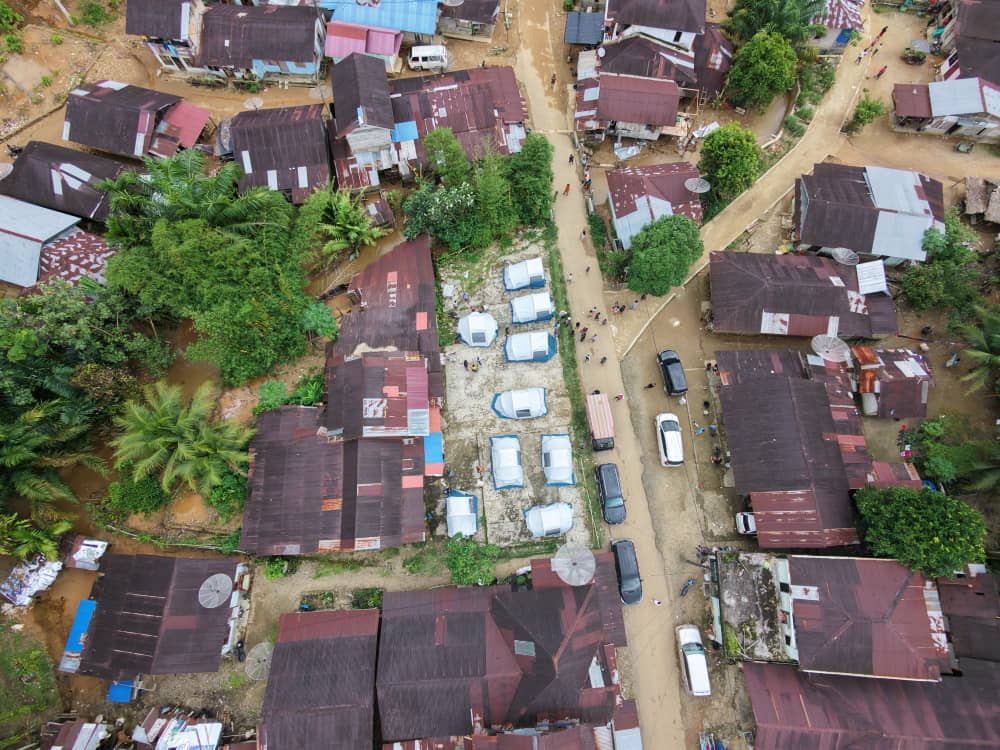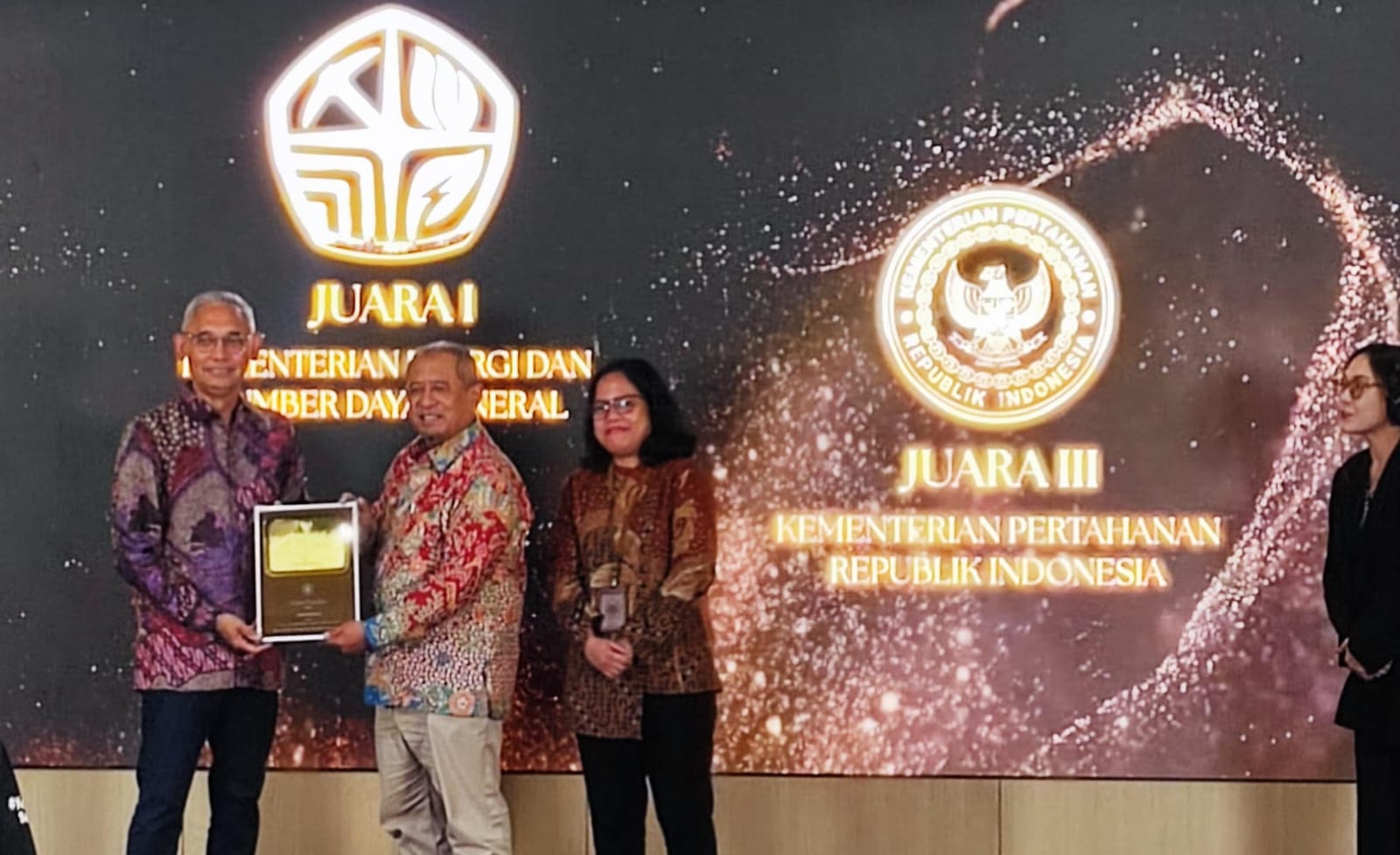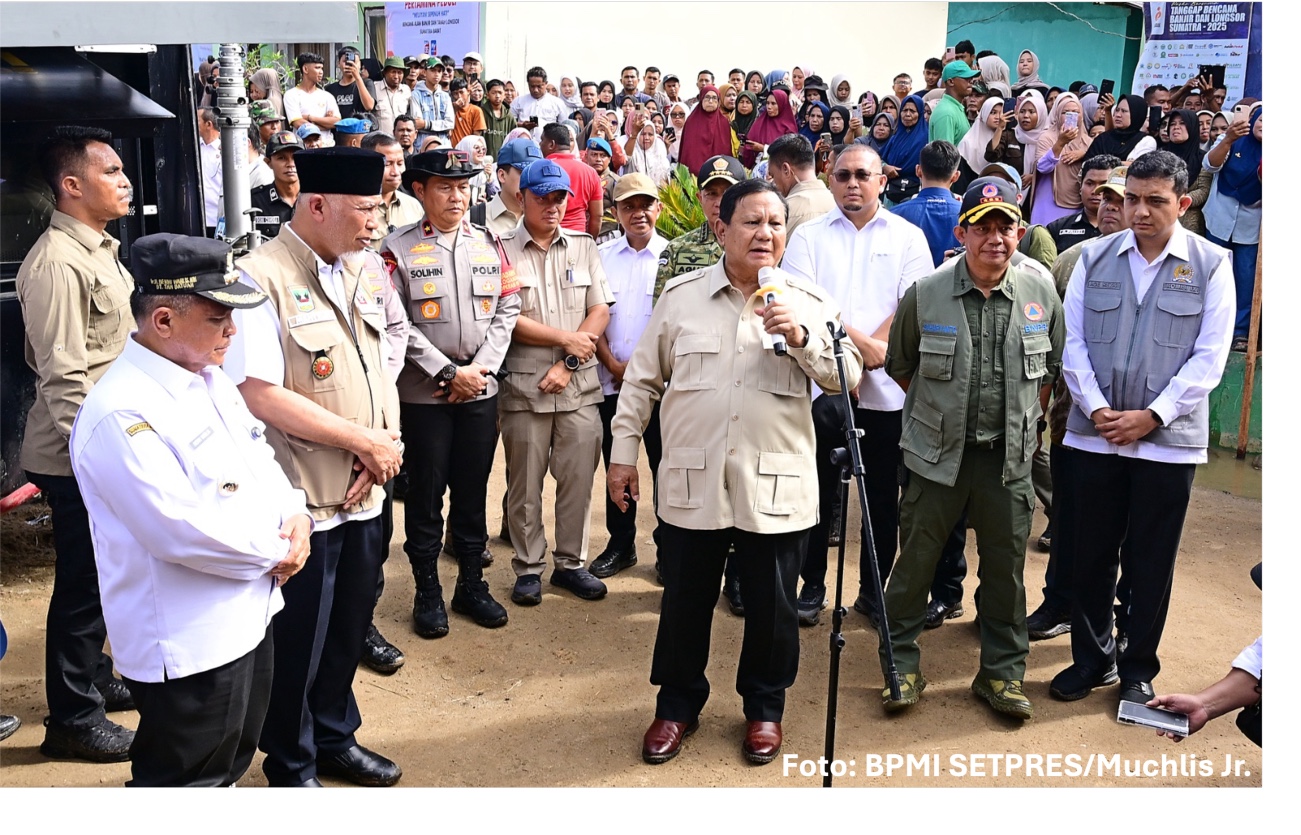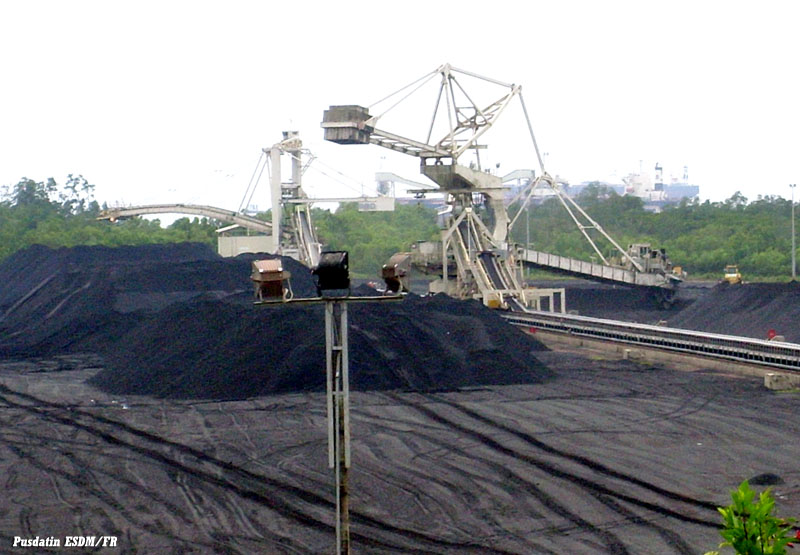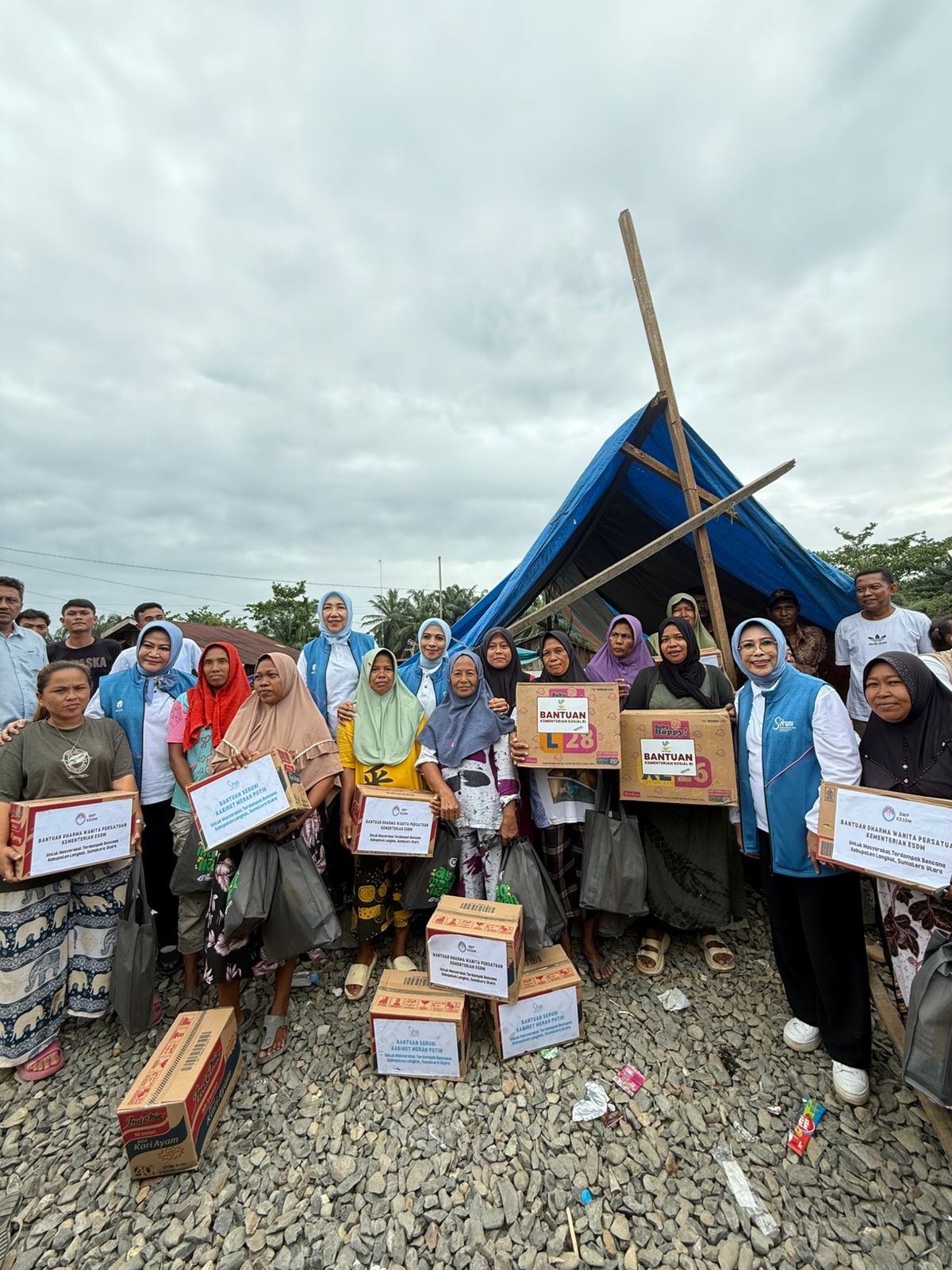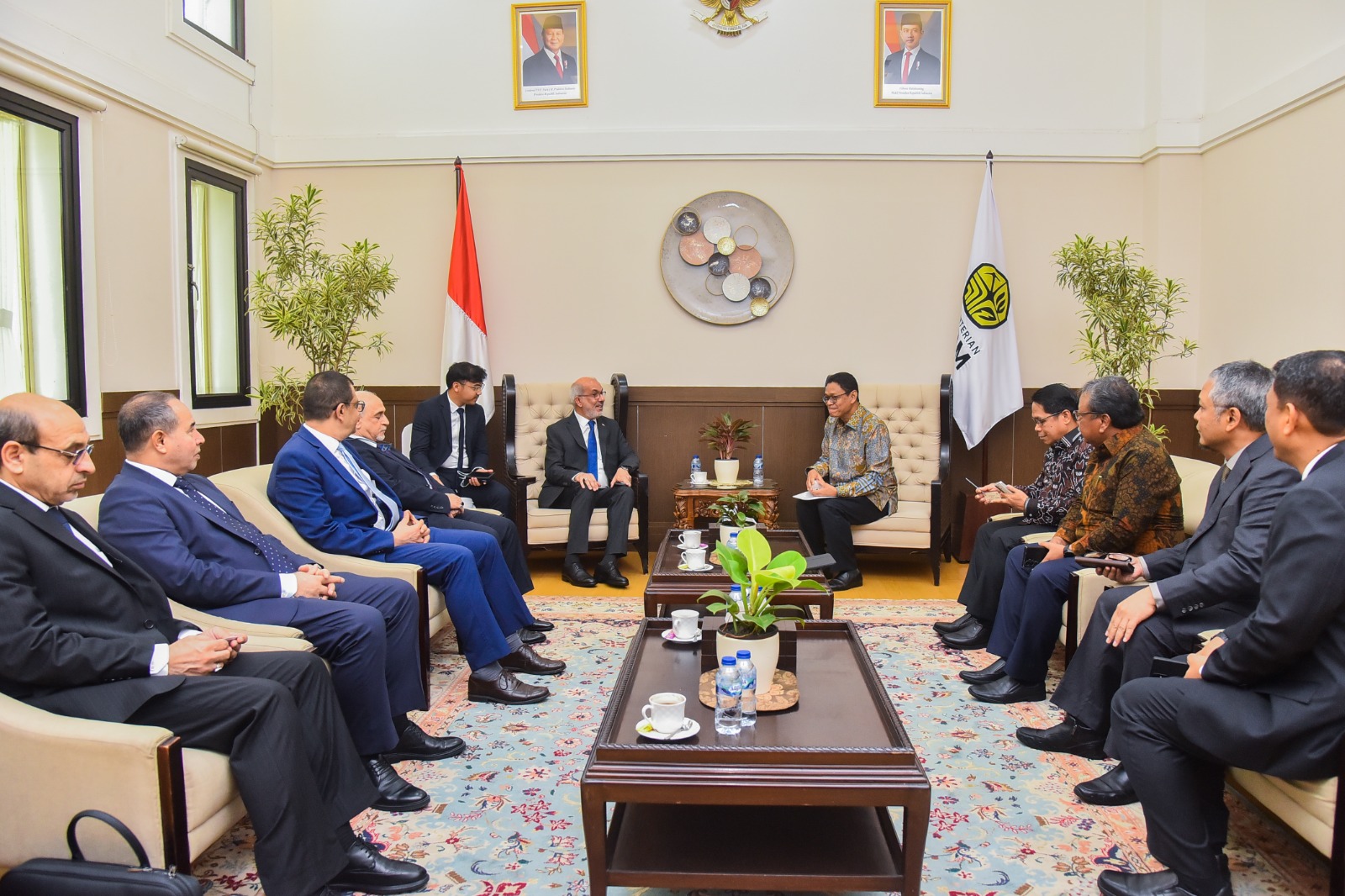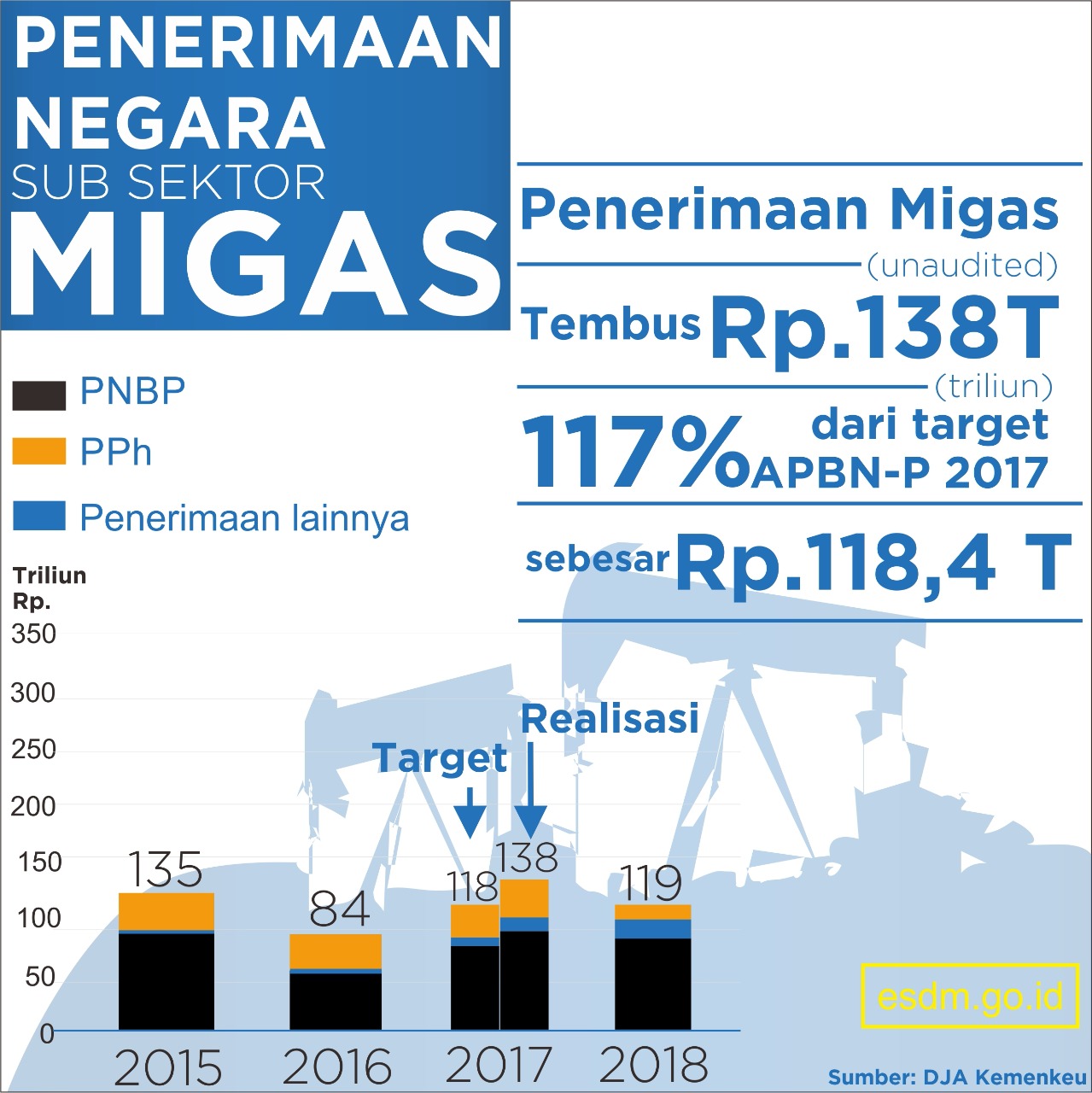
Single Narrative of MEMR: New Era of Indonesia’s Oil and Gas Management
The glory of oil and gas industries is not only about achieving the highest oil and gas production peak, but also increasing the greatest benefit to the people's prosperity.
Based on the principal, the Ministry of Energy and Mineral Resources has issued a Minister of Energy and Mineral Resources Regulation Number 37 of 2016 on Terms of Participating Interest 10% (Ten Percents) Bid in Oil and Gas Working Area of which Local Government will get 10% shares down. Hopefully, the local people having oil and gas potential area could enjoy more tangible results. Interestingly, the 10% investment of the local participation could be borne by the Cooperation Contract Contractor (KKKS). It is the benefit for oil and gas producing areas.
The uncertainty of world oil price is often a challenge for the oil and gas industry. The government is moving to seek new breakthroughs by encouraging efficiency practices. Now, the future of oil and gas business is controlled by cost game.
"Efficiency and great contribution are the key. The current priority is improving efficiency through a better management to provide the greatest benefit to all people," said Minister of Energy and Mineral Resources Ignasius Jonan on some occasions.
A new history of national oil and gas management was inscribed. In order to boost efficiency, early in 2017, the Gross Split Production Sharing Contract (PSC) system began to replace the Cost Recovery PSC system that has been implemented since 1960s. One of the reasons, the cost recovery PSC system is considered burdening the State Budget (APBN). Since 2015, for the first time in history, cost recovery was greater than the Government's oil and gas revenue. In fact, in 2016, the cost recovery has penetrated Rp46.4 trillion while the government revenue was only Rp39.9 trillion.
This policy change is paying off. Moreover, after the Government provided some incentives in the mid of fluctuating oil prices challenge. Additionally, the issuance of tax-free exploration policy through Government Regulation No. 53 of 2017 on Taxation on Upstream Oil and Gas Business Activities using Gross Split Production Sharing Contract stipulated in ensuring the ease of oil and gas investors to business in Indonesia.
In fact, in early 2018, there were 5 winners of Conventional Oil and Gas Working Area 2017 of which are great KKKS such as Mubadala and Repsol. The first total investment commitment amounted to US$ 23.5 million and signature bonus for US$ 3.5 million. Whereas, during Cost Recovery PSC system implemented in 2015 and 2016, no investors were interested to bid the oil and gas working area. "The main principle of gross split scheme is certainty, simplicity and efficiency. Gross split will give certainty to investors because the parameters in the split share are transparent and measurable. The parameters are determined based on field characteristics as well complexity of development and production," said Vice Minister of EMR Arcandra Tahar, Tuesday (20/2).
Another important indicator is not only the efficiency in upstream oil and gas industry, but also the contribution to state revenues. The state revenue in 2017 from oil and gas sector reached for Rp 138 trillion or 117% of the set target and several positive trends are increasingly emerging. It is the result of the Government's serious efforts to create a better investment climate in oil and gas industry to materialize Equitable Energy.
Another example is the transfer of Mahakam Block. The government assigned PT Pertamina Hulu Mahakam to manage the ex-processed block of Total E & P Indonesie. It enabled the State to own most shares from the Working Area which is the largest gas producer in Indonesia. At least 61% of shares must be owned nationally, including 10% of regional ownership.
The participation of Pertamina as a State-Owned Enterprise (BUMN) in one of the largest gas-producing regions in Indonesia confirmed the presence of the state in carrying out the constitutional mandate. The Constitution of Indonesia 1945 Article 33 Act 3 mandates that the Earth and water and natural resources contained in it is controlled by the state and used for the greatest prosperity of the people.
Furthermore, the Ministry of Energy and Mineral Resources has also simplified some regulations considered inappropriate and potentially hampering the investment. There have been 11 regulations on oil and gas sector revoked, 10 regulations simplified into 7 regulations only. Then the oil and gas sector licensing has been simplified to only 6 licenses.
"It is the common interest, the nation interest, the people interest, the state interest to increase investment, economic growth, employment, as well as society welfare," added Arcandra. (NA/edited_AK)
#InvestasiMigasMakinMenarik
Communication Team of Ministry of EMR and Governmental Communication Team of Ministry of Communication and Informatics
Share This!

